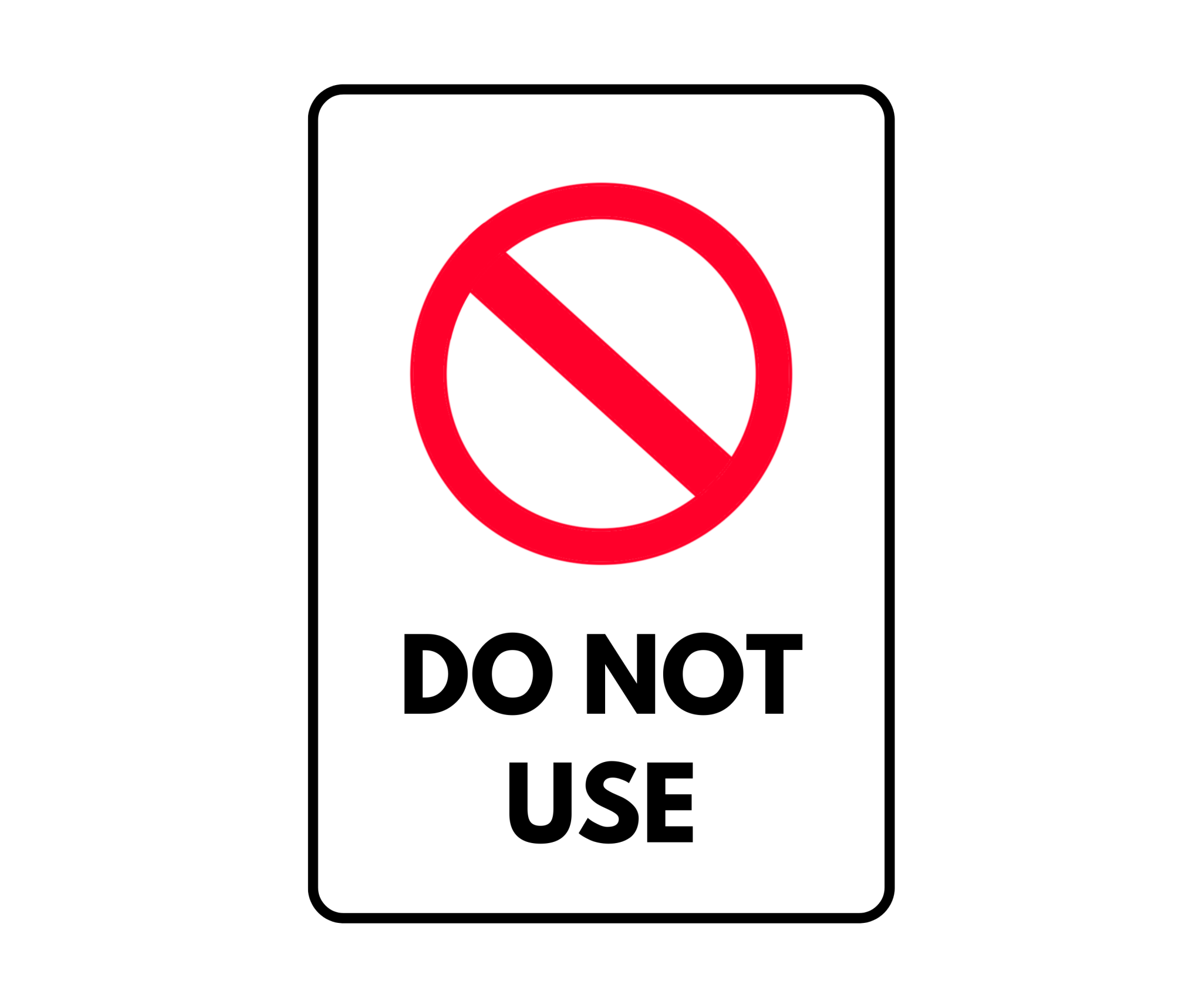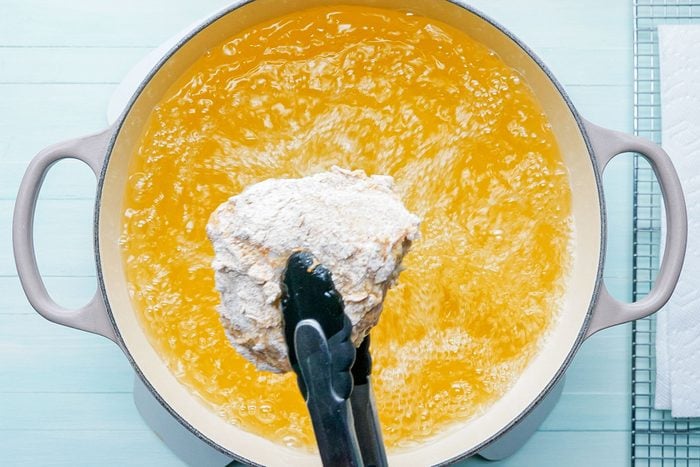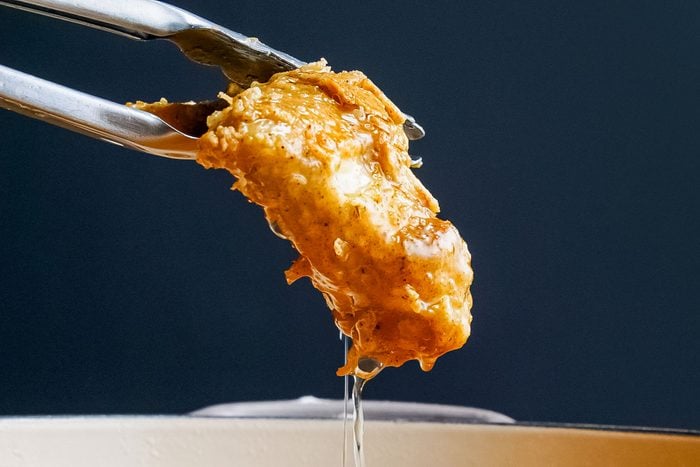How to Marinate Chicken in Buttermilk for Tender, Juicy Results
Buttermilk-marinated chicken is one of those classic Southern recipes that just can’t be beat when it comes to producing incredibly moist, tender and flavorful chicken every time. If you’ve never experienced the magic of soaking chicken in buttermilk before cooking, you’re seriously missing out!
As a busy home cook, I’m always looking for easy tricks that make my food taste better with little extra work. Marinating chicken in buttermilk overnight is one of those secrets that changes everything. It doesn’t take much work, but it makes a simple chicken dinner into something special.
In this detailed guide, I’ll walk you through everything you need to know to marinate chicken perfectly in buttermilk, from choosing the right ingredients to nailing the ideal marinating time. You’ll learn the science behind why buttermilk works so well, helpful tips for maximizing flavor and tenderness, and answers to frequently asked questions. Let’s dive in!
Why Buttermilk? Understanding the Magic
Buttermilk is much more than just a tangy, creamy liquid. When used as a marinade for chicken, the lactic acid naturally present in buttermilk helps break down tough muscle fibers and connective tissue in the meat. This tenderizing effect happens on a molecular level as the acid gently denatures the proteins.
Because buttermilk has milk sugars and salt, it can also be used as a brine to season the chicken well and help it stay moist while it cooks. After all of this buttermilk magic, you have chicken that is very juicy, tender, and just plain tasty.
Choosing the Right Buttermilk
If you can find plain, full-fat cultured buttermilk, that’s what you should use for marinating. Cultured buttermilk has the right amount of acidity and thick, tangy flavor to make great things. Low-fat or no-fat versions are often thinner and don’t work as well.
If you don’t have buttermilk on hand, you can make a quick substitute by mixing 1 tablespoon lemon juice or distilled white vinegar per cup of milk. Let it sit for 5 minutes before using to allow the milk to curdle slightly and mimic true buttermilk. This works in a pinch, but the flavor won’t be quite as rich.
The Ideal Marinating Time
To allow the buttermilk time to properly tenderize the chicken, aim to marinate it for 8 to 24 hours in the refrigerator. Here’s a breakdown of marinating times:
-
4 to 8 hours: You’ll notice a decent amount of tenderization and flavor infusion.
-
12 to 24 hours: The ideal timeframe to maximize tenderness without overdoing it.
-
Longer than 24 hours: Not recommended, as the chicken can become too mushy.
For bone-in chicken pieces, err on the shorter side, as the bones help add flavor. Boneless breasts benefit from marinating for the full 24 hours. Regardless of time, always keep the buttermilk chicken chilled at 40°F or below.
Marinating Chicken Step-By-Step
Here is a simple, foolproof process for marinating chicken in buttermilk:
-
Add 1 cup of buttermilk, 1 to 2 teaspoons of salt, and any other seasonings you want, like garlic powder, paprika, herbs, and so on. Whisk to dissolve salt.
-
Place chicken pieces in a resealable plastic bag or non-reactive bowl. Pour over buttermilk mixture, making sure chicken is fully submerged.
-
Seal or cover container, then refrigerate 8-24 hours, flipping chicken occasionally.
-
Remove chicken from buttermilk, letting excess drip off. Discard used marinade.
-
Cook chicken as desired until fully cooked to an internal temperature of 165°F. Enjoy!
No-Fail Flavor Boosters
One of the great things about buttermilk marinades is that you can easily customize them with extra flavors. Some tasty mix-ins to try:
- Fresh or dried herbs: Thyme, rosemary, oregano, basil
- Spices: Garlic powder, onion powder, paprika, cayenne
- Mustard: Dijon, whole grain, yellow
- Hot sauce or chili paste
- Lemon or lime juice
- Honey for subtle sweetness
Get creative and come up with your own signature marinade! Just steer clear of very acidic ingredients like vinegar, which can make the chicken too tough.
Frequently Asked Buttermilk Marinade Questions
If you’re new to marinating poultry in buttermilk, chances are you have a few questions. Here are helpful answers to some common FAQs:
How much buttermilk do I need per pound of chicken?
Plan on about 1 cup buttermilk per 1-1 1/2 pounds of chicken. Make sure all pieces are fully submerged.
Can I reuse leftover buttermilk marinade?
Never reuse marinade that has touched raw chicken due to contamination risk. Always discard leftover marinade.
What’s the best chicken to use?
Bone-in, skin-on pieces like thighs and drumsticks work beautifully. Boneless skinless breasts need a full 24 hour soak.
Does marinating time affect cooking time?
Not significantly, but always cook chicken to 165°F internal temperature. Buttermilk allows you to use gentler cooking methods without drying out the meat.
Can I marinate at room temperature?
Absolutely not! Refrigeration at 40°F or below is a must for food safety when marinating raw chicken.
How do I get the best coverage?
Rotate chicken periodically as it marinates and weigh pieces down to keep fully submerged. Zip-top bags work well for even contact.
The Secret to Chicken Success
While buttermilk-marinated chicken requires a bit of advance planning, the rewards of supremely moist, succulent and delicious chicken are well worth it! Follow these tips for tender, foolproof results every time.
For even more flavor, be sure to also check out recipes that call for a buttermilk soak before frying, baking or grilling. Your new go-to chicken dinners await! Dig in and savor the luscious fruits of your buttermilk labor.

Is fried chicken better with batter or flour?
Fried chicken tastes fantastic with a batter or a flour coating. It’s simply a matter of preference. In flour coatings like the one in this fried chicken recipe, flour is mixed with spices. Cornstarch or baking powder is sometimes added too. When fried chicken is coated in a wet coating—like the egg, water and flour mixture made in this recipe—it’s referred to as a batter.
Step 2: Fry the chicken
 Taste of Home
Taste of Home
Heat the oil to 375°F in an electric skillet or deep-fat fryer. Fry the chicken a few pieces at a time, being careful not to overcrowd the pan. About seven to eight minutes on each side, until the chicken is golden brown and the juices run clear. Drain the chicken on a paper towel-lined plate or wire rack.
Editor’s Tip: Hold the chicken warm in a 250° oven while you cook the remaining pieces. To keep the chicken crispy, we like to put an oven-safe cooling rack on a baking sheet and place the chicken on top of it.
 Taste of Home
Taste of Home
Buttermilk Fried Chicken Made Easy
FAQ
How long should I marinate chicken in buttermilk?
For best results, marinate chicken in buttermilk for at least 4 hours, but preferably overnight (up to 24 hours).
Do you rinse buttermilk off chicken before cooking?
No, you should not rinse buttermilk off chicken before cooking. Instead, after marinating, it’s recommended to pat the chicken dry with paper towels. This helps the breading or seasoning adhere better and results in a crispier exterior during cooking.
How do you make buttermilk chicken?
Stir the chopped parsley, rosemary, sugar, salt and pepper into the buttermilk. Add the chicken and turn to coat in the marinade. Cover the bowl and leave in the fridge for at least 8 hours, or overnight. Preheat the oven to 200C/180C Fan/Gas 6.
Do you rinse chicken after soaking in milk?
